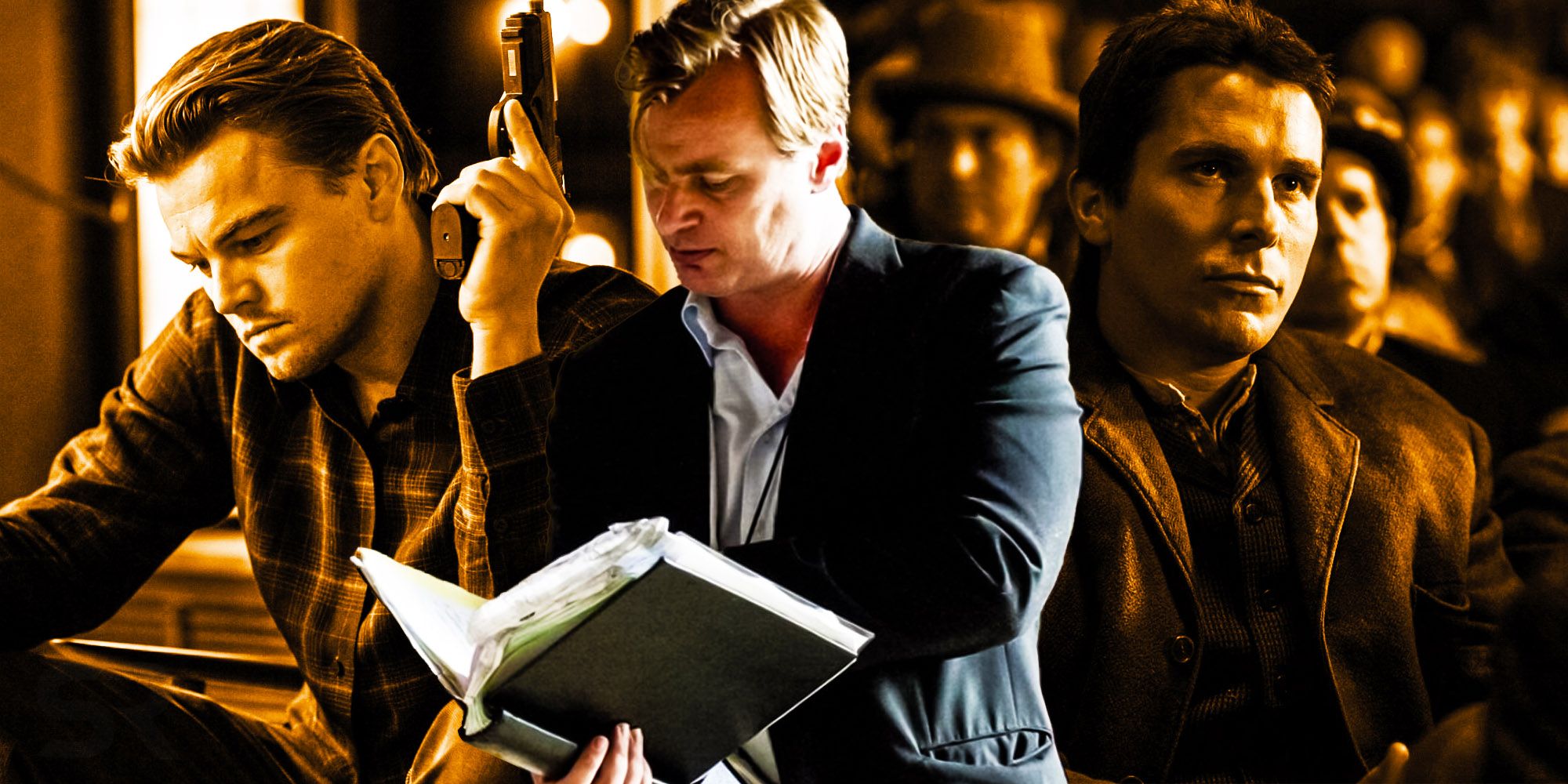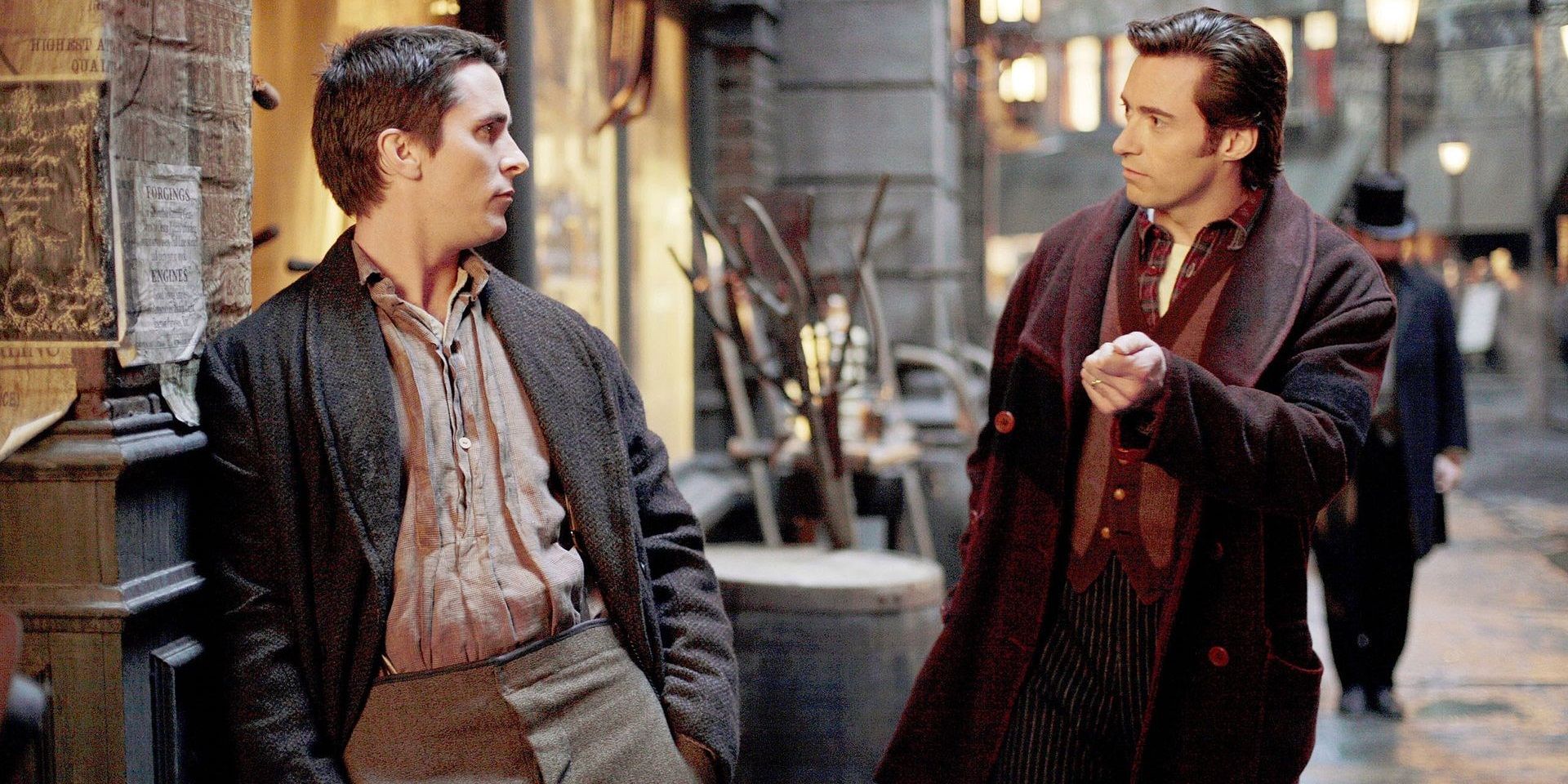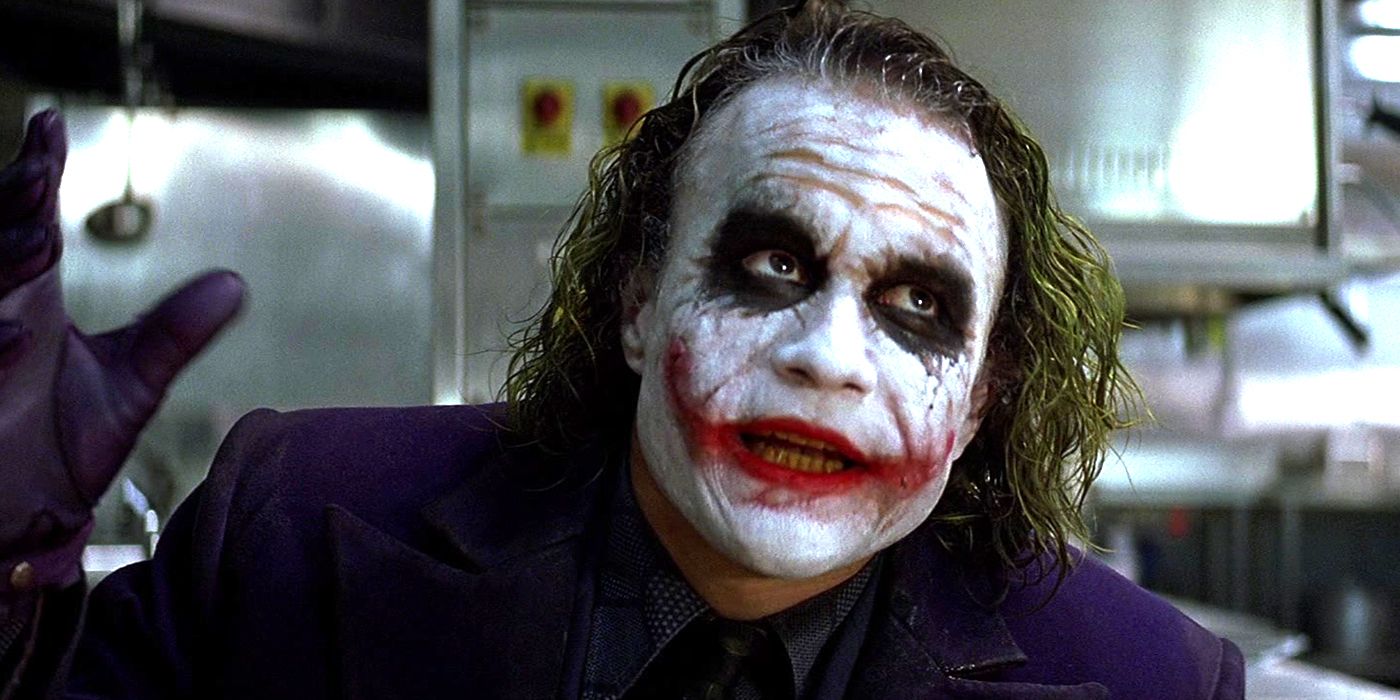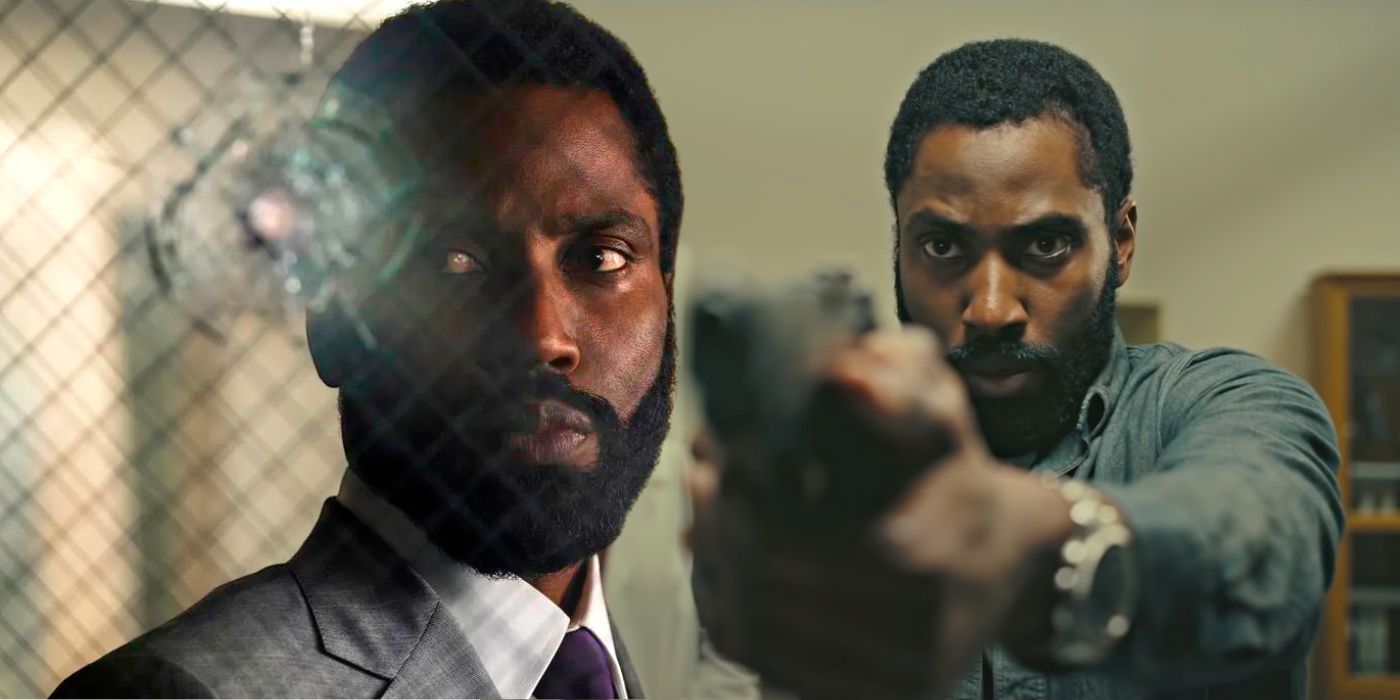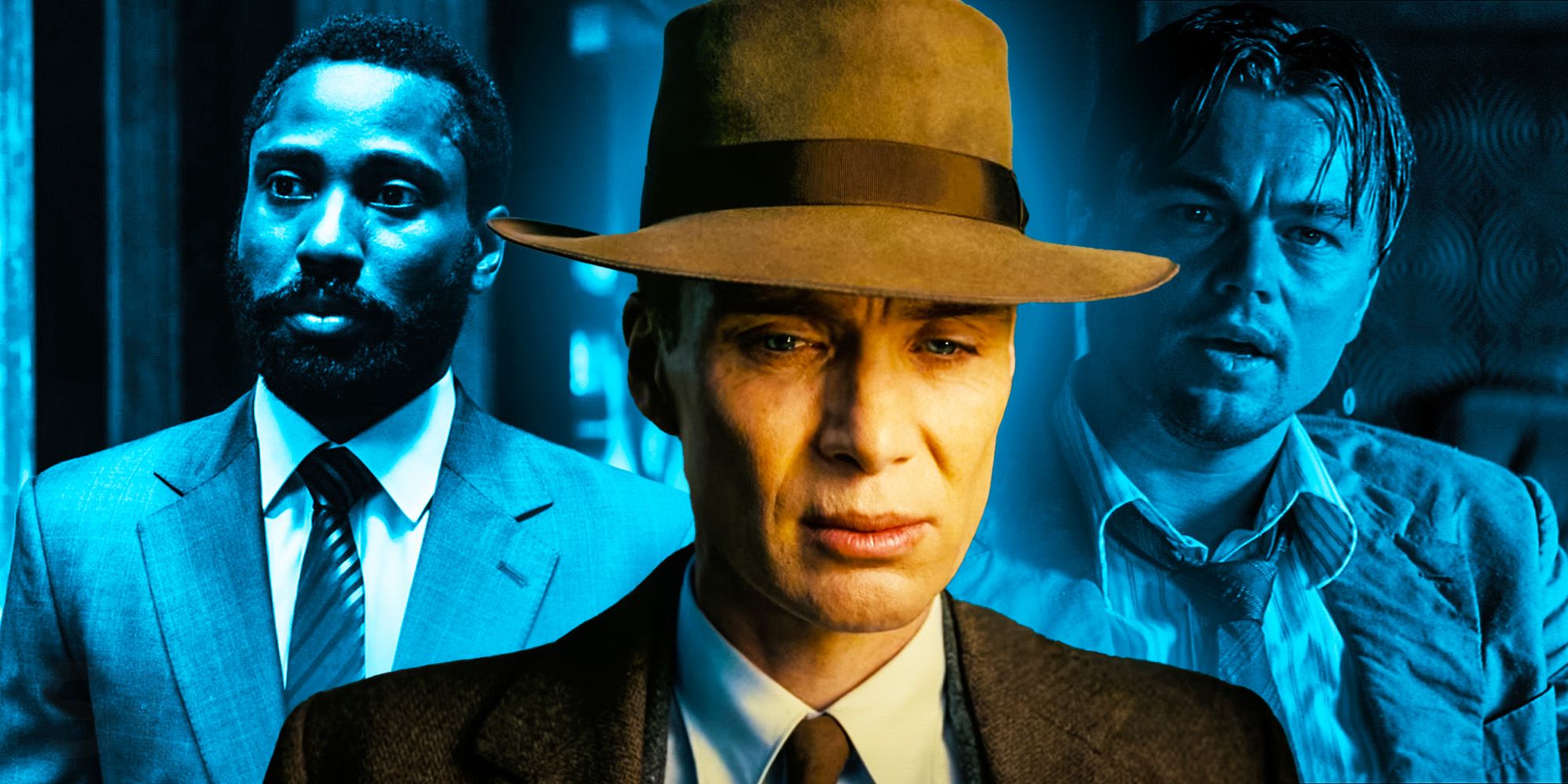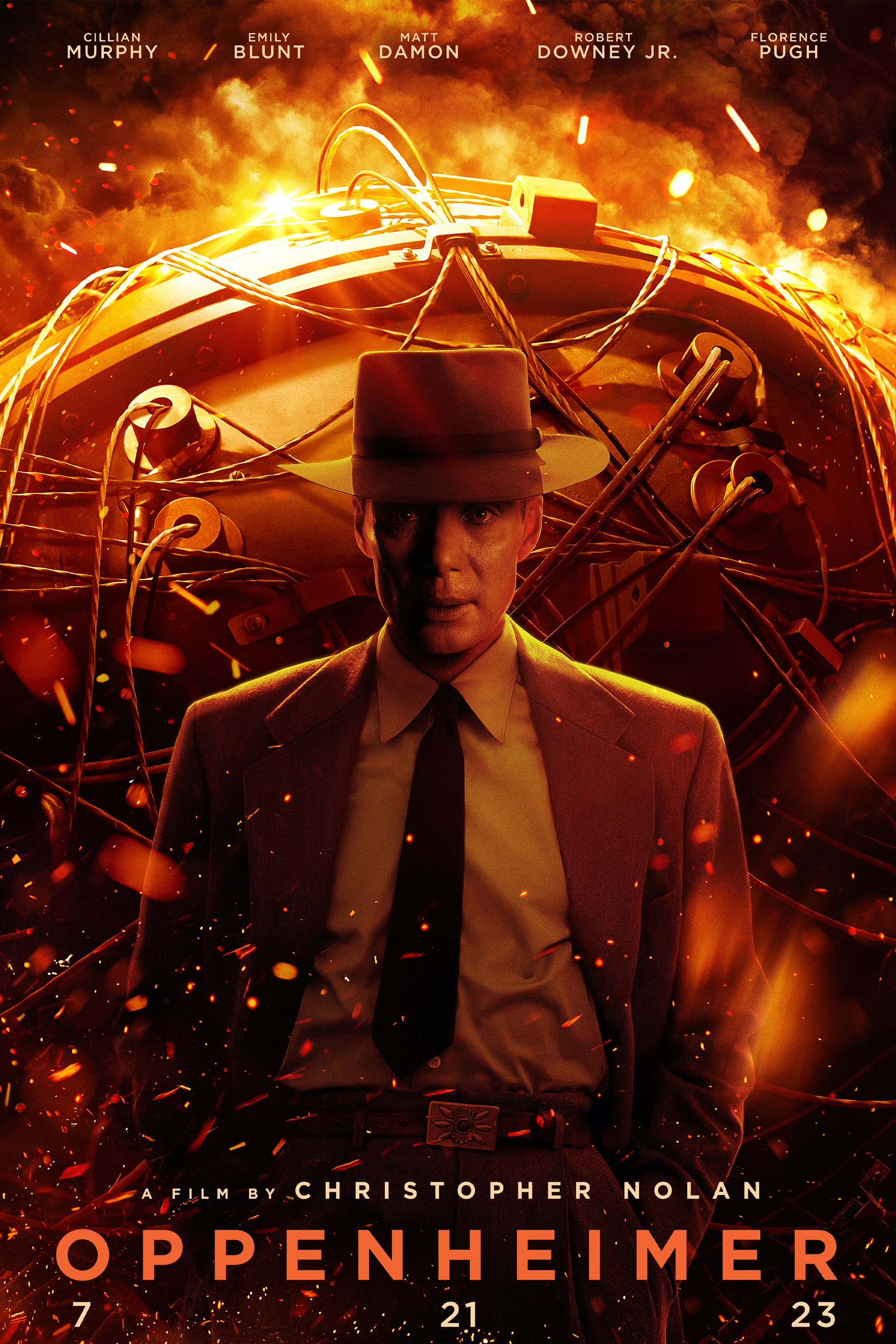Christopher Nolan’s movies share themes, narrative and visual styles, and these and more have made way for a wild theory that explains how Nolan planned his career and divided it into three parts. Christopher Nolan’s career as a filmmaker began with short films in the late 1980s and early 1990s, with his feature directorial arriving in 1998 with the crime thriller Following. Nolan’s big break happened two years later with the psychological thriller Memento, which established three of his most frequently used themes: memory, time, and identity.
Following the release of Insomnia, Nolan explored the superhero genre with his Dark Knight trilogy, with The Dark Knight considered one of the best superhero movies ever made. Nolan has continued to leave his mark in film history with movies like Inception, Interstellar, and The Prestige, all of them addressing the aforementioned themes plus others like dreams and usually in non-linear styles that make way for many twists and turns in the stories. Surely, Nolan’s career has also had many ups and downs, and these, along with Nolan’s filmmaking style, made way for a theory that suggests his career was planned in three stages: the pledge, the turn, and the prestige.
Theory: Nolan’s First Movies Are “The Pledge”
The theory, shared on Reddit, begins by pointing out that Nolan’s movies are referred to as “meta-cinematic”, taking as examples how the characters in Inception represent the members of a film crew and that The Prestige tells the audience what’s going to happen in its first scene. The author then takes The Prestige as the basis to explain how Christopher Nolan’s career has been planned out, and it’s divided into three parts, just like the magic tricks in the movie, beginning with “The Pledge”. Memento, Insomnia, and Batman Begins were the introduction to Nolan’s work and vision, showing the audience that he’s all about mind-bending thrillers, non-linear storylines, and the themes of time, identity, and memory, but his “pledge” is The Prestige.
The Prestige is based on the 1995 novel of the same name by Christopher Priest, and it follows two rival stage magicians – Robert Angier (Hugh Jackman) and Alfred Borden (Christian Bale) – in London at the end of the 19th century who, obsessed with performing the perfect teleportation trick, get involved in a bitter rivalry with tragic results. The Prestige not only told viewers what to expect right away but also told them what to expect in Nolan’s career, mirroring how a magician makes a pledge to his audience, with Nolan’s being that he “would be a masterful and genius director”.
Theory: Nolan’s “The Turn” Phase Explained
The movies that form the second stage of Nolan’s “career plan” are The Dark Knight, Inception, The Dark Knight Rises, Interstellar, and Dunkirk. This part of the plan is “The Turn”, as this is when Nolan’s movies were “not just good, they’re great”, with Inception and Dunkirk being nominated for the Academy Award for Best Picture, and all of them acclaimed by critics and general audiences (some more than others, of course). These movies not only continued Nolan’s stylistic and narrative trends but also allowed him to improve the way he creates suspense and intrigue. This is the phase where Nolan became a serious director “with a big budget and high praise”, but there was still another phase in his career plan.
Theory: Tenet Is Nolan’s “The Prestige” Phase
The final and third phase in Nolan’s career plan is “The Prestige”, and only one movie is part of it: Tenet. As a sci-fi action thriller movie, Tenet brought together all the elements that have made Nolan’s career stand out from the rest, but there’s one twist to the theory: Tenet wasn’t the box office success that Nolan was expecting, mostly because of his insistence to release it in theaters amidst the COVID-19 pandemic. Although it received mostly positive reviews, Tenet was criticized for its convoluted story and sound mixing, but all in all, it can still be seen as his “prestige” moment.
Does Oppenheimer Fit This Christopher Nolan Theory?
The theory was posted before Oppenheimer was announced, so now the question is how or if Oppenheimer fits the Nolan theory about his career plan. The author of the theory mentioned the possibility of Tenet being the beginning of a new era in Nolan’s career, though that would mean it’s not his “prestige”. Oppenheimer, then, could be Nolan’s “prestige”, which seems fitting given that it’s a first in his career (a story based on real-life events and people) but it’s also following those trends and themes that make Nolan’s movies stand out. However, Oppenheimer could also be the one that starts a new phase in Nolan’s career, though what the name of it would be is unknown (one Reddit user pointed out that Nolan’s “secret” hasn’t been revealed, so that could be the name).
Of course, it’s unlikely that Christopher Nolan has planned his career as a filmmaker in three acts similar to those of a magician and mirroring The Prestige, but the theory certainly brings a new perspective to his works and makes the anticipation around Oppenheimer and his subsequent projects even bigger.

